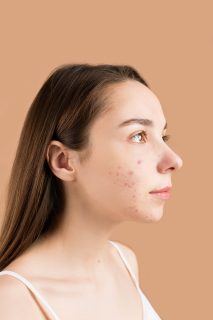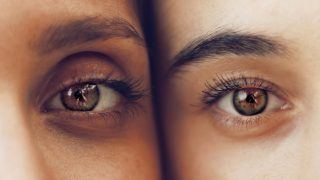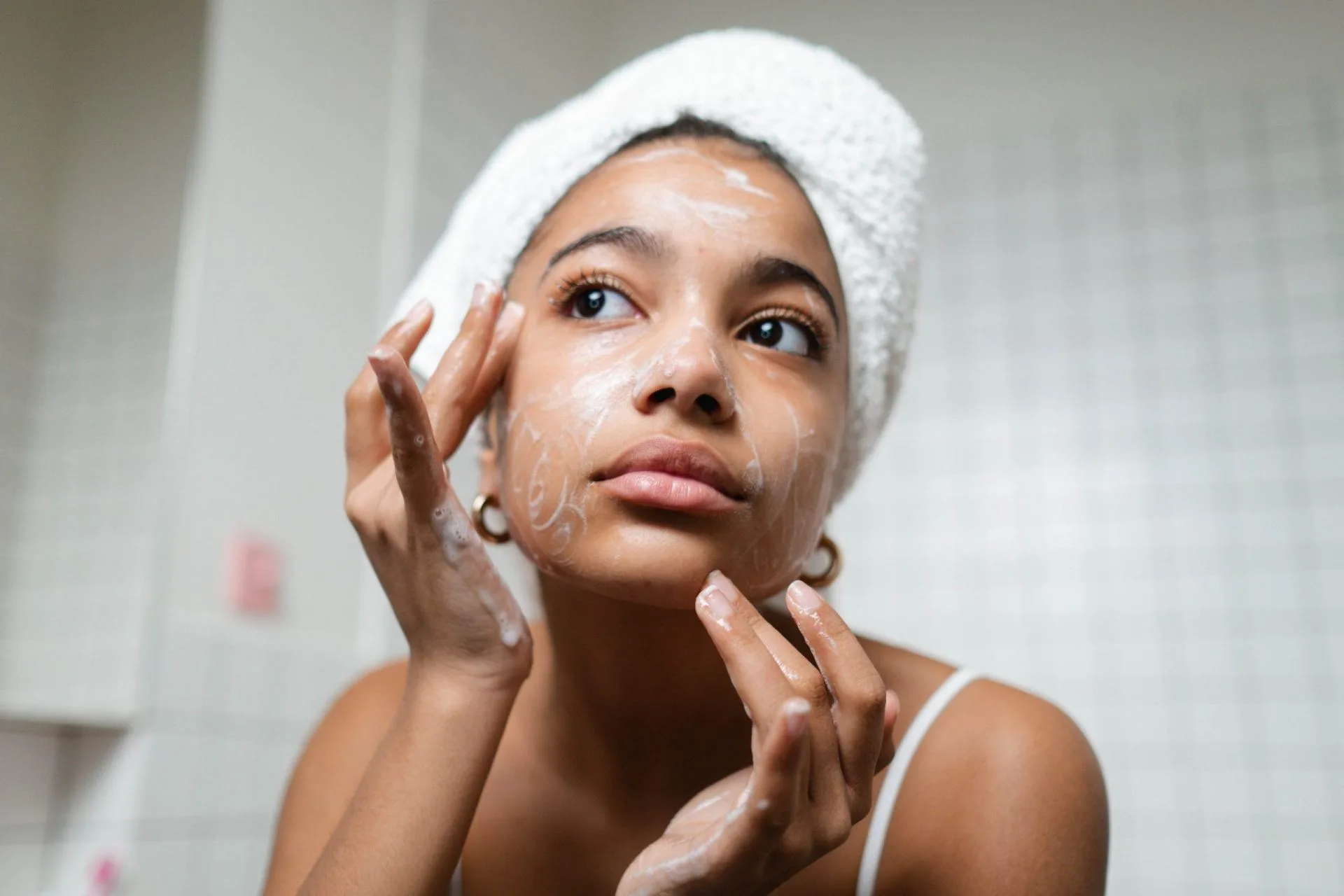Skincare is by no means easy. If you, like me, struggle with sensitive skin, changing products can be a mission. Then, of course, not all reactions are instantaneous. Sometimes things take longer to react, and that means that you have to try and figure out which of the products you’re using might be causing irritation. Some skin reactions are fairly obvious, like a rash or severe itching, but not all of them are like that. Sometimes, your skin’s discomfort and irritation might be much less noticeable and prominent. But if you know to look out for these signs, you might be able to pick up on your skin’s discomfort before it becomes dire.
Skin Reactions to Skincare Irritations
Your skin is stinging and painful
This may sound obvious, but it isn’t always the case. This has happened to me on multiple occasions, and it can be difficult to ascertain whether that’s just how the product feels. This is especially true when you’re using a new product. Some skin care products, like retinol and acids, can cause stinging when you start using them. However, the really important thing to ascertain is how bad the stinging is.
If it’s fairly fleeting, and you’re using a product that contains ingredients like alpha-hydroxy, glycolic, lactic, or salicylic acids, it’s fairly normal to have a slight tingling sensation. This is fine when the product in question is used occasionally like a scrub or mask.
However, if tingling is painful, and happens on a daily basis, it’s time to investigate your skincare routine.
Ultimately, if you’re experiencing stinging on a daily basis when just using your normal product, there is an issue that needs resolving as soon as possible. Pain is more than just a slight tingling of the skin. Usually, when you feel stinging, dermatologist Rachel Nazarian explains, it’s “your body telling you that there’s a lot of inflammation—possibly even broken skin or infection”.
Another thing to watch out for is an underlying condition such as rosacea or eczema. In my case, it didn’t seem to matter what I used. My skin became so painful that I was forced to go to a dermatologist and was diagnosed with rosacea. It’s never a good feeling to hear that you’ve been diagnosed with something that has no cure. But ultimately, it’s best to know your skin so that you can focus on taking care of it properly.
Your skin is itchy and/or bumpy
Of course, itching is one of the most obvious signs of irritation. If your skin is itchy, but you see no visible change, it’s likely a warning. Nazarian recommends that if your skin starts to itch immediately after you apply a product, you immediately discontinue use. If you are persistent and want to use the product, it’s best to patch test it elsewhere on your skin or speak to your dermatologist.

Photo by Anna Nekrashevich from Pexels
Itchy skin, if left, can often manifest in bumps, which may be a sign of a contact allergy, also known as contact dermatitis. But what if your skin is bumpy but not itchy? Well, when it comes to bumps, they can be a major red flag. Nazarian says that if a product is causing “acne bumps, triggering allergic blisters, or getting so inflamed it’s producing pustules, stop immediately”.
Pay attention to your eyes
Though this is fairly obvious in the case of eye-specific products like mascara, the eyes can tell you a lot about the overall health and condition of the skin.
Most of what the skin and body are going through can be seen in the eye area. This is mainly because the skin around the eyes is very thin and fragile. If you, like me, struggle with very sensitive skin, it’s a no-brainer that you need to be very careful about what you put on the eye area. Mascara, eyeliner, and eye shadow are all major culprits of inflammation and discomfort around the eye area.

Photo by Soroush Karimi on Unsplash
However, your eyes (and the area around them) can tell you a lot about your overall skin health, even when the product in question isn’t specific to the eye area.
Itchy and flaky eyelids should be a major cause for concern. Especially if you haven’t changed any of the products that are specific to your eye area. It can be an indication that the skin, whilst able to put up with it, is struggling with an ingredient in your skincare routine.
This can include things like sulfates and fragrances. Other potential reasons for dry and flaky eyes to consider before interrogating your products include a drop in temperature, constantly rubbing your eyes, and seasonal allergies.
The takeaway
It’s important to pay attention to your skin. It’s your biggest organ but also one of the smartest, and it’ll let you know when it doesn’t like something. Your skincare routine is a vital part of fighting the signs of aging and taking care of your skin. If you struggle with very sensitive skin, eczema or rosacea you need to be especially vigilant when it comes to skincare and what products you use.
References
https://www.marieclaire.com/beauty/news/a25990/how-to-know-if-your-skin-is-irritated/






![women [longevity live]](https://longevitylive.com/wp-content/uploads/2020/01/photo-of-women-walking-down-the-street-1116984-100x100.jpg)










